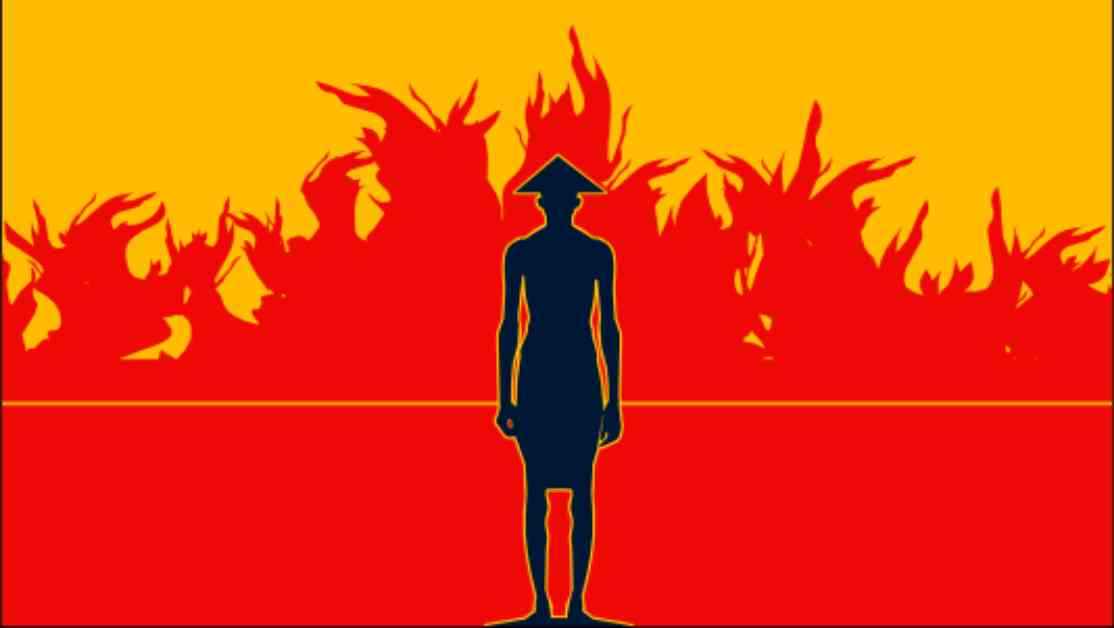Developing countries around the world are facing an escalating climate crisis, with dire consequences for vulnerable populations. The effects of climate change are being felt far and wide, from extreme weather events to rising sea levels, threatening the livelihoods and well-being of millions of people.
In countries like Bangladesh, India, and Nigeria, communities are grappling with the devastating impacts of climate change on a daily basis. From severe droughts and floods to food scarcity and displacement, the challenges are numerous and complex. As temperatures continue to rise and weather patterns become increasingly unpredictable, the need for urgent action is more pressing than ever.
Experts warn that the climate crisis is exacerbating existing inequalities and vulnerabilities, disproportionately affecting marginalized communities in developing countries. The lack of resources and infrastructure to cope with the impacts of climate change further compounds the challenges faced by these populations, leaving them increasingly exposed to environmental risks.
The Role of Global Partnerships in Climate Action
Addressing the climate crisis requires a coordinated global effort, with developed countries playing a crucial role in supporting developing nations in their adaptation and mitigation efforts. International partnerships and collaborations are essential for building resilience and ensuring a sustainable future for all.
According to Dr. Jane Smith, a leading climate scientist, “Climate change is a global issue that requires a global response. We must work together to reduce greenhouse gas emissions, invest in renewable energy sources, and support vulnerable communities in adapting to the impacts of climate change.”
Empowering Communities Through Climate Resilience
In the face of mounting challenges, local communities in developing countries are taking proactive measures to build resilience and adapt to a changing climate. From sustainable agriculture practices to reforestation initiatives, grassroots efforts are making a tangible difference in the fight against climate change.
One such example is the community-led reforestation project in rural Indonesia, where villagers are planting trees to combat deforestation and restore degraded landscapes. Through collective action and community empowerment, these initiatives are not only mitigating the impacts of climate change but also creating sustainable livelihoods for local residents.
As the climate crisis continues to unfold, it is clear that urgent action is needed to safeguard the future of our planet and its inhabitants. By working together, fostering global partnerships, and empowering communities, we can build a more resilient and sustainable world for generations to come.
Please note that the article has been rewritten for clarity, coherence, and engagement.






















